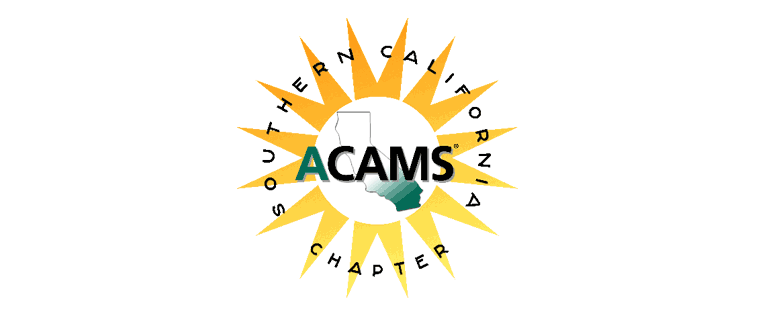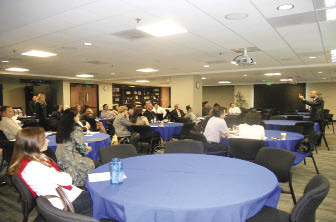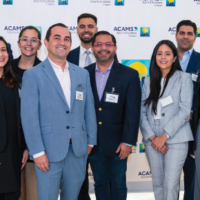
ACAMS Southern California Chapter guest-speaker talked with chapter members about Shariah-compliant finance, the financial crisis, and how a bank can be compliant with both AML regulations and the laws of Shariah.
The ACAMS Southern California Chapter hosted its second learning event of 2011 with a special presentation to help attendees gain a better understanding of Islamic Finance and a deeper perspective in one of the fastest growing segments of the financial industry in the world.
On Tuesday March 8, 2011 the chapter presented Understanding Islamic Finance: Instruments, Structures and AML Compliance Issues at Wescom Credit Union in Anaheim, California. The guest speaker was the honorable Akhtar Shaikh, a CAMS certified member. He is a well known consultant, trainer, and speaker with more than thirty years of experience, of which six years are directly related to foreign money transfer remittances.
Shaikh explained to attendees that Islamic banking has become one of the fastest growing sectors of the financial services industry in the world. With the current economic crisis and credit crunch, the inherent stability and security of Islamic financial institutions has made Islamic banking desirable to both Islamic and conventional financial institutions alike. As a result, even the largest financial institutions have opened Islamic windows and started offering Shariah-compliant products and services.
Attendees learned that the definition of Islamic/Shariah-compliant finance is the practice of conducting finance in compliance with the rulings of the traditional Islamic law as it relates to commerce, investment and property. The main prohibition of Islamic finance is the prohibition on the collection and charging of interest, which is the primary distinction between secular financing and Shariah-compliant financing. In addition, Shariah-compliant financing cannot indulge in risky or speculative transactions; there must be collateral used to secure the loan. Due to the specific rules, transactions must be designed appropriately. For instance, rather than borrowing money to buy goods, Shariah-compliant participants will have the bank buy the goods and then resell the goods to the customer, so the bank becomes involved as the owner at one stage of the transaction. Whereas if the bank lent the money to the customer, that would be defined as an interest-bearing loan, and such a transaction would not be allowed under Shariah-compliant financing. A similar financing method has operated for centuries in Jewish history and is known as Gemach. The Gemach subscribes to both the Torah commandment of lending money and the Torah prohibition against charging interest on a loan.
According to Shaikh, Islamic-finance companies suffered less during the financial crisis in 2008. When Islamic law is strictly applied, it is not possible for Islamic banks to be involved in investments of speculative nature such as debt securitization, credit-default swaps and pyramiding of debt.
The next chapter learning event is tentatively scheduled for June 6, 2011 in Anaheim, California. Jane Lee of Banker's Toolbox will lead a discussion of Internet investigations. Future events include a presentation by Tim White, subject-matter expert on the Office of Foreign Assets Control (OFAC), and an event centered on the impact of Mexican drug wars in Southern California.











